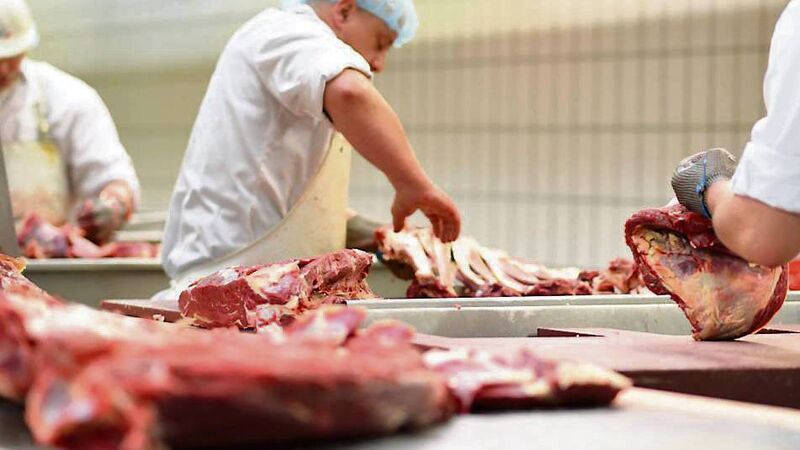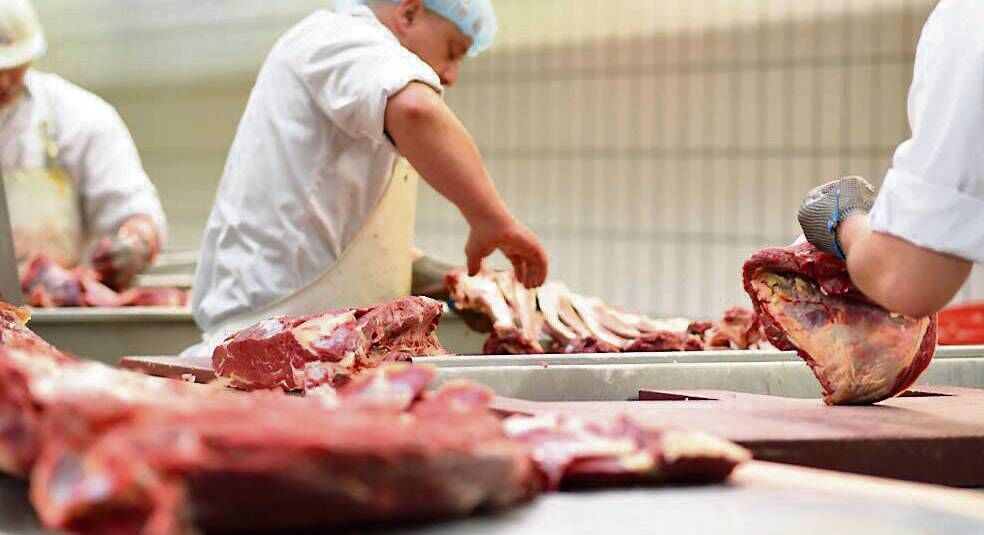Coronavirus: Bord Bia details the huge task facing our food industry


Little if any effect on production of raw material, nor on processing, but huge disruption beyond the farm and factory gates, was the challenge described when Bord Bia issued its Covid-19 Response Plan for the Irish food industry this week.













